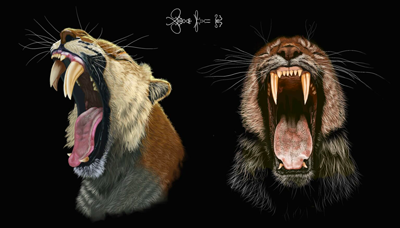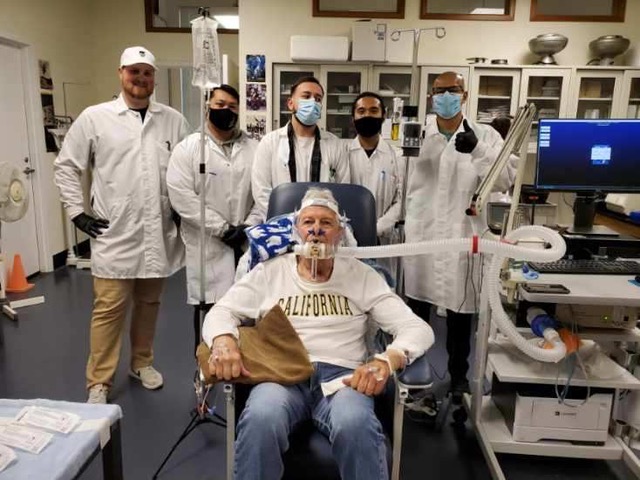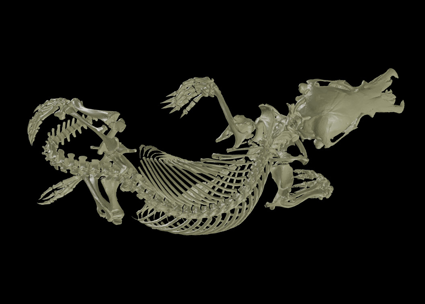Nearshore: Sea Urchins in a Changing Ocean
Submitted by Joonie Kim on Fri, 01/23/2026 - 16:45Dr. Daniel Okamoto, Assistant Professor of Integrative Biology, presents Zombies of the Nearshore: Sea Urchins in a Changing Ocean at Wonderfest.
Dr. Daniel Okamoto, Assistant Professor of Integrative Biology, presents Zombies of the Nearshore: Sea Urchins in a Changing Ocean at Wonderfest.
Research by IB's Adjunct Assistant Professor Juan Liu on a newly discovered fossil fish is being used to reshape the origin story of freshwater fish evolution. Read more in the Berkeley News article here.
Postdoctoral fellow César Nufio and his colleagues (IB Professor Caroline Williams, Dr. Lauren Buckley, and Dr. Monica Sheffer) have shared a new study of Colorado grasshoppers that shows grasshoppers that overwinter as juveniles have a head start on those that emerge in the spring. Read more via this UC Berkeley News link here: https://news.berkeley.edu/2025/01/31/life-cycles-of-some-insects-adapt-well-to-a-changing-climate-others-not-so-much/.
"Was the T. rex brightly colored with feathers? Did it run as fast as movies make it seem? How new discoveries challenge our long-held beliefs about the world of paleontology." Integrative Biology Professor Jack Tseng shares his expertise. Read more and listen to the Berkeley Voices podcast through this link: https://news.berkeley.edu/2024/12/30/berkeley-voices-transformation-series-ep-3-dinosaurs/
Learn how Integrative Biology Professor Victor Ortega Jiménez uses high-speed cameras to record fascinating slow motion footage of animals in the wild. Read the article and see the video through this link here. Please also check out this cool article featuring him called "The Hidden World of Electrostatic Ecology" (link here).

Professor Cindy Looy's research reveals that the Pacific Coast’s kelp forests, rich ecosystems supporting diverse marine life, originated over 32 million years ago, much earlier than previously believed. Read more in this article linked here.

In the La Brea Tar Pits, few of the recovered Saber Tooth Tiger skulls still have the sabers attached. But in the batch that had the sabers, a handful exhibited a peculiar feature: the tooth socket for the saber was occupied by two teeth, with the permanent tooth slotted into a groove in the baby tooth. Paleontologist Jack Tseng, Associate Professor in the Department of Integrative Biology, doesn’t think the double fangs were a fluke. Read more in this Berkeley news article linked here.
Watch the video of Professor Emeritus Jim Patton interview Professor of the Graduate School Marvalee Wake about her current and past scientific contributions to campus and the Department of Integrative Biology (video linked here).

Integrative Biology graduate student Robert Leija and the whole Professor George Brooks Lab make a discovery. The study was part of a larger NIH-funded study to determine how well people switch from fat to carbohydrate metabolism as they age. Read the Berkeley News Article.

CT scans of animal skeletons are now available to anyone, including those with 3D printers. Read about the scans here...